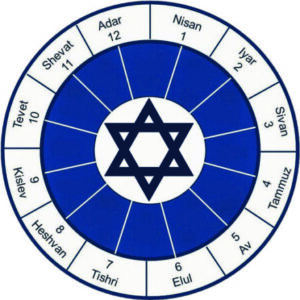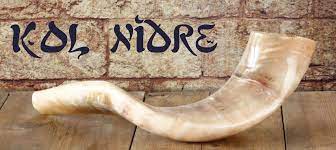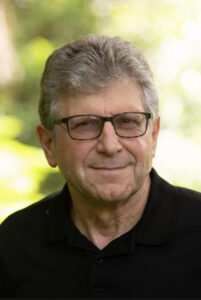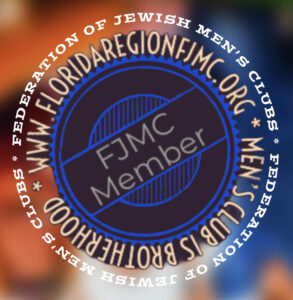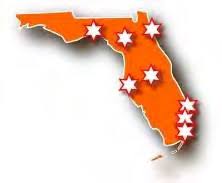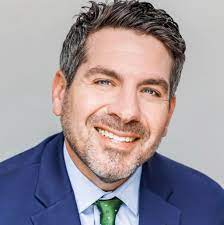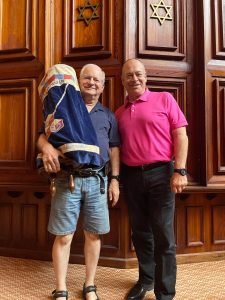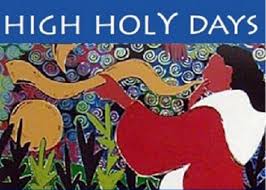
Erev Rosh Hashana 5785 begins at sundown on Wednesday evening, October 2, 2024 and is celebrated in song and prayer on Thursday October 3 and Friday October 4. Erev Yom Yom Kippur begins at sundown, Friday October 11 and lasts for 25 hours, ending with the sweet, sharp sounds of the shofar. There are many different traditions and customs followed by Jewish communities around the globe and many of these traditions and customs go back thousands of years. The following little-known facts are listed in “The Jewish Book of Why”, compiled by Alfred J. Kolatch:
1. Why does the first day of Rosh Hashana never fall on a Wednesday, Friday, or Sunday? When the calendar was finally issued by Hillel II in 359 C.E., it was arranged so that the holidays would not interfere with the observance of the Sabbath and so that the Sabbath would not interfere with holiday observations. If Rosh Hashana (1 Tishri) were to fall on a Wednesday, Yom Kippur (10 Tishri) would fall on a Friday. If Yom Kippur were to fall on a Friday, that would make it impossible for Jews to prepare for the Sabbath. If Rosh Hashana were to fall on a Friday, Yom Kippur would fall on a Sunday, which would allow no time observing the Sabbath to prepare for Yom Kippur, which would begin immediately after the Sabbath. Rosh Hashana never falls on a Sunday because that would mean that Hoshana Rabba (the last day of Sukkot, which always falls on 21 Tishri), would fall on a Saturday, which would not be desirable.
2. Why is round challah served on Rosh Hashanah? The round shape, symbolic of the cyclical and eternal nature of life, expresses the hope that the coming year will be complete, unbroken by tragedy.
3. Why is the Kol Nidre chanted before sunset? The Kol Nidre prayer is a legal formula whereby a person is released from a vow. Since this is a legal procedure, it would be a violation to perform it on a Sabbath or festival. It was therefore arranged for the Kol Nidre service to begin before the Sabbath or holiday sets in.
4. Why is the Book of Jonah read on Yom Kippur? The Book of Jonah was selected as the haftara reading for the Mincha service on Yom Kippur because God is represented there as a God of all nations. The concept of the universality of God is emphasized throughout the High Holiday liturgy. The Book of Jonah also addresses itself to another High Holiday theme: that man can abandon his evil ways, accept responsibility for his actions, and return to God.
5. Why is honey served on Rosh Hashana? The custom of eating sweets on Rosh Hashana is more than 1,500 years old. It expresses the hope that sweetness will enter the lives of all Jews in the coming year. The practice spread quickly, and today on almost every Rosh Hashana table can be found a dish of honey or syrup. Whereas during most of the year bread is dipped in salt when the blessing over bread is recited, on Rosh Hashana the first piece of challah eaten at the meal is dipped in honey. Apple is also dipped in honey to express the hope for “a good, sweet year.” It is common practice not to serve sour foods during Rosh Hashana.
Todah Raba to Elliott Davis of Congregation Ohev Shalom in Maitland, Florida for sharing this content from the award winning “COS Men’s Club Newsletter”. Learn more about the COS Men’s Club and their award winning Newsletter at https://www.ohevshalom.org/organizations/mens-club/.
This moment of Jewish Learning is brought to you by the Florida Region of the Federation of Jewish Men’s Clubs (FJMC). We are part of a confederation of over 200 Jewish Men’s Clubs and Brotherhoods representing over 20,000 members across the United States, Canada, Latin America, and beyond. Learn more about how your Jewish Men’s Club or Brotherhood can affiliate with the FJMC at: https://fjmc.org/for-clubs/affiliating-with-the-fjmc/.
The Florida Region of FJMC serves the needs of affiliated Men’s Clubs and Brotherhoods throughout the State of Florida. Get to know more about the FJMC Florida Region and our growing network of Jewish Men’s Clubs and Brotherhoods at www.floridaregionfjmc.org and please visit and LIKE our Florida Region FJMC Facebook Group at www.facebook.com/FloridaRegionFJMC.
